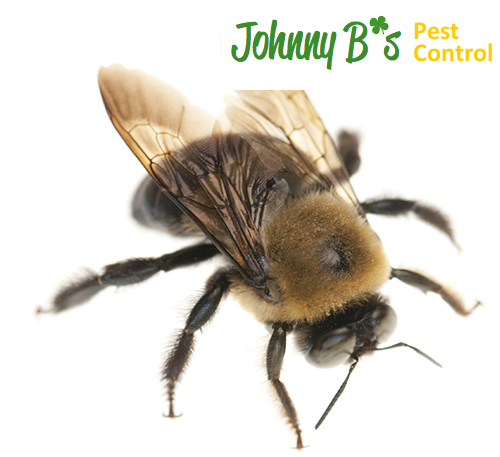We all know bees as those flying insects that pollinate flowers, and honey bees produce honey. Beyond these two facts, many people do not have much to say about bees. Actually, not only do bees pollinate flowers, but they are also vegans. Of course, bees need their protein, but they do not obtain their protein from animal flesh; instead, the pollen that bees consume contains high amounts of protein. Although bees and wasps, like yellowjackets and hornets, are closely related, they do not keep the exact same diets. For example, both hornets and yellowjackets often feed on nectar and plant based food, but hornets also hunt and consume other insects. Yellowjacket larvae also feed on other insects. So while the closely related bee and wasp species share similar diets, most bee species do not hunt and consume other insects. However, this is only “most”, there does exist a very small amount of bee species that have been known to hunt and feed on other insects. This comes as a surprise to some people who have always considered bees to be non-carnivorous. The bee species known as Trigona hypogea, eats meat from both dead and living animal prey.
Trigona hypogea dwells within South America, and it is a particular brutal species of insect. While most bee species are preyed upon by wasps, the Trigona hypogea has been spotted raiding wasps nests in very short amounts of time. These bees have been found making off with wasp eggs, larvae, and pupae after ransacking wasp nests. These bees have even been spotted carrying toad eggs back to their nests.
The Trigona hypogea species is well adapted to a carnivorous lifestyle. Most bee species possess modified legs in the form of hook-like features that easily snatch pollen from flowers. However, the carnivorous bee species of South America does not possess this adaptation, clearly indicating its preference for alternate sources of protein. This species is also notable for possessing razor sharp teeth, which they use for emulsifying their insect prey before sharing the chewed carcass with other colony members.
Have you ever heard of any other type of bee that attacks other insects?
Stay up to date with Johnny B’s Social Media Pages!

